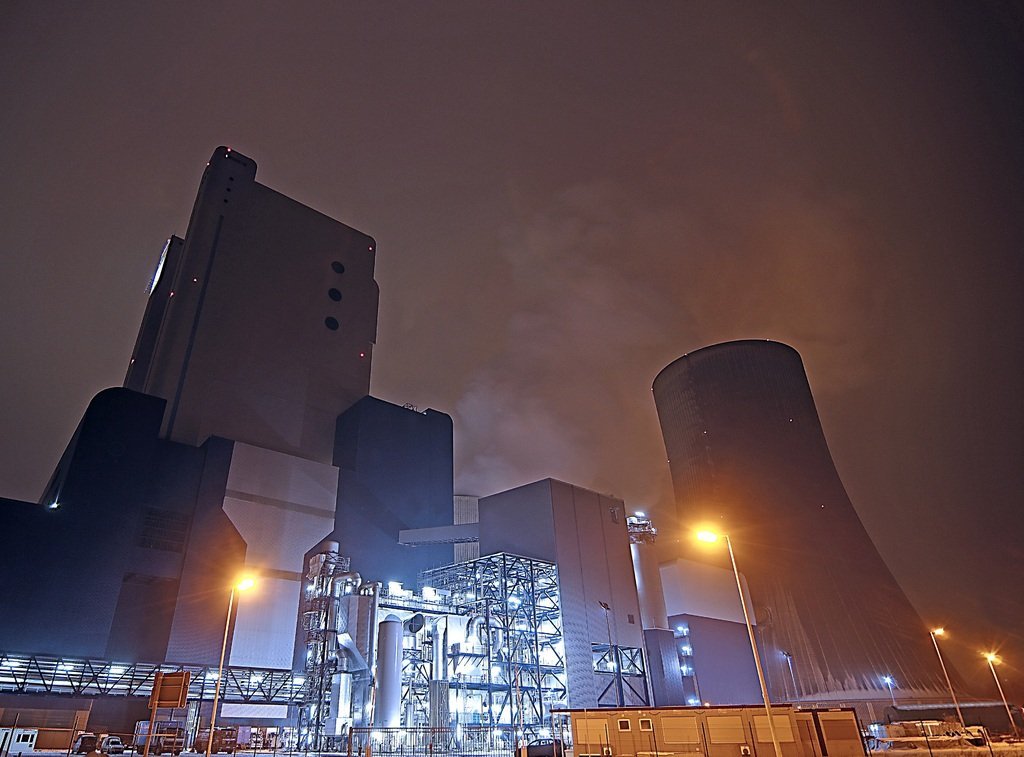Mekelle፡Telaviv, Nairobi, Pretoria, London, (Tigray Herald).
AFRI-RUN IV to Convene in Addis Ababa with Focus on Regional Power Connectivity
By Ras Tessema Nadew
Leaders, policy makers, scientists, and civil society actors from across Africa are set to gather in Addis Ababa on 17 June 2025 for the fourth edition of the African Riparian Regional Utilities Network (AFRI-RUN IV), a landmark conference under the theme “Regional Power Connectivity for Inclusive & Sustainable Development.”
Held against the backdrop of a changing energy landscape and the urgent demands of climate resilience, AFRI-RUN IV will spotlight cross-border energy cooperation as a tool to unlock Africa’s development potential, reduce energy poverty, and foster regional integration.
“This year’s forum goes beyond hydro-politics,” said Dr. Rahel G/Michael, one of the conference’s lead coordinators. “It is about connecting power, policy, and people.”
From Water Disputes to Shared Energy Futures
Launched in 2022, AFRI-RUN began as a bold intellectual platform to challenge unilateral control over the Nile and to amplify the voices of upstream countries. AFRI-RUN I, held in Addis Ababa, focused on “Equitable and Reasonable Utilization of the Nile Water Resources: Riparian Perspectives” a theme that stirred much-needed dialogue on regional water justice.
Subsequent editions expanded the agenda to include transboundary environmental governance, climate adaptation, and energy equity, positioning AFRI-RUN as a pan-African forum for rethinking natural resource cooperation.
Now, with AFRI-RUN IV, the spotlight shifts to continental power connectivity leveraging Africa’s vast renewable energy resources to drive inclusive growth and mutual benefit across borders.
“We cannot talk about sustainable development without a unified energy strategy,” said Prof. Mohamed Elamin, a Sudanese energy policy expert and returning speaker. “Our grid must reflect our geography and our politics interconnected and interdependent.”
Ethiopia’s Strategic Host Role
Ethiopia, host of AFRI-RUN IV and home to the Grand Ethiopian Renaissance Dam (GERD), is seen as a key player in the continent’s renewable energy transition. Its recent efforts to export hydroelectric power to neighboring countries including Kenya, Sudan, and Djibouti highlight the promise of shared infrastructure as a means of diplomacy and economic resilience.
Yet the conference arrives at a time of heightened regional complexity. Border tensions, fragmented policy frameworks, and the legacy of Nile water disputes still pose real barriers to integration.
“We must transform our resource conflicts into frameworks of cooperation,” said Eng. Adiam Tsegay, a senior official from the Ethiopian Ministry of Water and Energy. “This is not just a technical issue it’s political, ethical, and generational.”
Who Will Be in the Room?
AFRI-RUN IV is expected to draw delegations from all 11 Nile Basin countries, alongside observers from ECOWAS, SADC, the African Union Commission, and the African Development Bank. The agenda includes high-level panels, technical workshops, and a special youth forum aimed at empowering young African engineers and climate advocates.
Civil society organizations have also secured a stronger voice at this year’s summit, pressing for community-centered energy access and a just transition that does not marginalize rural populations.
“Power should not only be for the connected elite in cities,” said Yassir Kafando, a youth activist from Burkina Faso. “We want a grid that reaches the village, the refugee camp, the health center.”
From Talk to Action?
As Africa’s population surges and climate pressures intensify, the push for regional infrastructure has never been more urgent. But without strong political will and binding agreements, observers warn that connectivity risks becoming another buzzword.
Whether AFRI-RUN IV will yield concrete frameworks or remain a platform for rhetoric will be closely watched not just in the halls of the AU, but in every community still waiting for the lights to come on.




